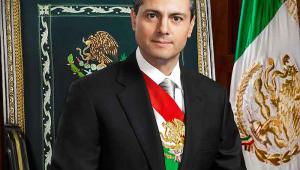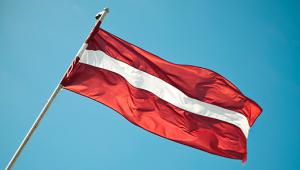The OECD’s Working Group on Bribery in International Transactions has been urging Argentina to strengthen its efforts against corruption and bribery for more than 15 years, so far with little success.
But the working group’s chair Drago Kos said a package of legislative and judicial reforms announced by president Mauricio Macri, who took office less than six months ago, has the potential to address some recommendations made over a decade ago.
“Argentina right now has a good opportunity to enact fundamental and far-reaching reforms,” he said, following a visit to the country this week.
“By working together and promptly enacting these reforms, the Argentine government and Congress can demonstrate to its citizens and foreign investors alike that this country has the necessary political will to eradicate corruption.”
The working group’s last report into Argentina in 2014 found it was “seriously non-compliant” with key articles in the Anti-Bribery Convention.
It said it was “gravely concerned” about the country’s commitment to fighting foreign bribery and how little progress the country had made.
Recommendations made since 2001, including reforms to make companies liable for corruption, extend jurisdiction to Argentines who commit foreign bribery overseas and tackle “systematic deficiencies” in the criminal justice system, had been ignored.
But the OECD said a host of legislative reforms and an overhaul of the justice system known as Justicia 2020 announced by Macri could mark a big step forward in anti-corruption provisions in Argentina.
Justice 2020 includes provisions to strengthen whistleblower protection and a new criminal procedural code, both of which were recommended in the OECD’s 2014 report.
It also stressed the need to reduce the number of judicial vacancies and the use of surrogate judges.
Within a few days of his election Macri appointed two new judges to the Supreme Court in order to do so, however observers noted he did so by decree, rather than submitting a list of names to the senate and obtaining the approval of two-thirds of senators, as is procedure.
He had originally postponed the implementation of the new criminal procedural code, which had been approved in the era of his predecessor, stating that more work need to be done.
Again commentators noted that this could instead have been part of his drive to remove attorney general Alejandra Gils Carbó, a key ally of his predecessor Cristina Kirchner, and include provisions to reduce the amount of power she wields.
Macri was elected late last year on an economic reform ticket, vowing to jumpstart Argentina’s flagging economy.
Earlier this month he issued Argentina’s first sovereign bond on international borrowing markets since 2001, ending a painful, 15-year dispute with investors that had seen the country treated as a financial pariah by international creditors.
However Macri’s sweeping reforms have not all been popular. He devalued the currency, reduced the public sector payroll by more than 20,000 and cut subsidies – all of which fuelled growing discontent at home.













